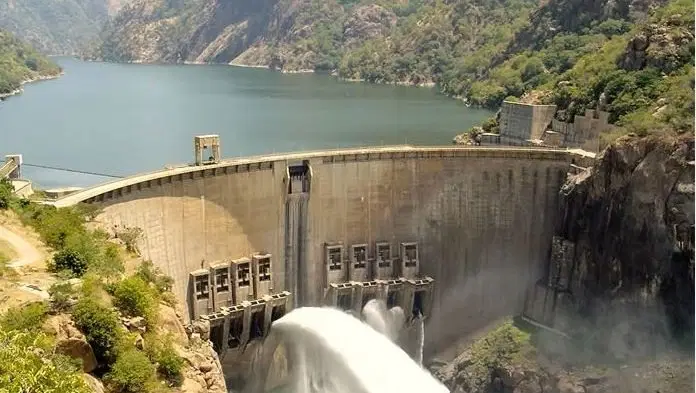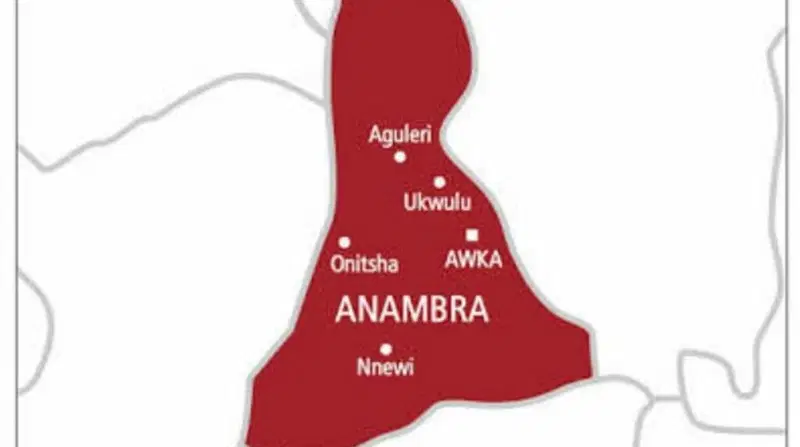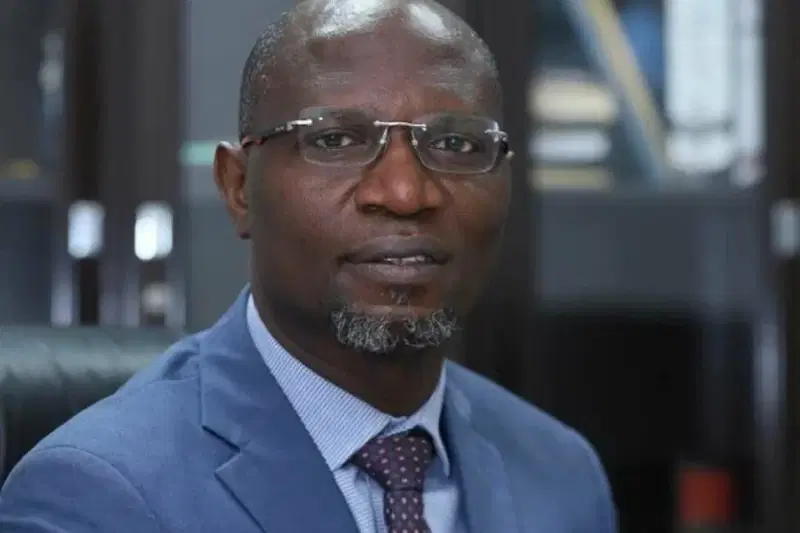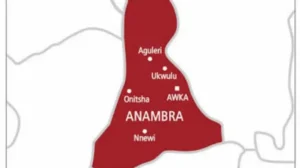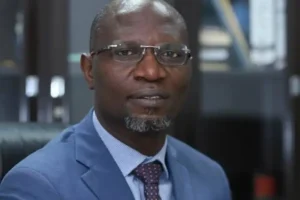The Nigeria Hydrological Services Agency (NIHSA) has issued a warning to Nigerians living in flood-prone areas to relocate immediately due to the release of water from the Lagdo Dam in Cameroon into Rivers Niger and Benue . This annual release of water is expected to cause flooding in several states, including Adamawa, Taraba, Benue, Nasarawa, Kogi, Edo, Delta, Anambra, Bayelsa, Cross River, and Rivers .
The water release began on September 17, 2024, at a rate of 100 cubic meters per second, which is approximately 8.64 million cubic meters of water per day . The flow is expected to increase to 1,000 cubic meters per second over the next seven days, depending on the inflow from the upstream Garoua River .
NIHSA has assured that the water discharge will be gradual to avoid exceeding the river’s conveyance capacity . However, the agency has urged residents to remain vigilant and take necessary precautions to mitigate potential flooding .
The release of water from Lagdo Dam comes days after water from overflowing Alau Dam killed over 30 persons and swept away thousands of homes in Maiduguri, the Borno State capital, last weekend
Nigeria is bracing for potential flooding due to the release of water from Cameroon’s Lagdo Dam. The Director General of NIHSA, Umar Mohammed, warned that 11 states are at risk of flooding and advised residents to relocate immediately ¹. To mitigate the impact, NIHSA agreed with Cameroonian authorities to release water from the dam intermittently, allowing Rivers Benue and Niger to contain the volume of water.
NIHSA listed flood-prone states to include Adamawa, Taraba, Benue, Nasarawa, Kogi, Edo, Delta, Anambra, Bayelsa, Cross Rivers, and Rivers.
The NIHSA boss said for now, there was calm and nomalcy, adding that the water was being regularised from the Lagdo dam, though with rising currents.
He said all Nigerians had a role to play to prevent flooding as previous release of water from the Lagdo Dam has caused constant flooding in Nigeria.
The NIHSA boss said: “Everybody has their part to play; as the federal government is doing its part, our agency is doing its part, NEMA is prepared, individuals should also have to do their part. They have to move from the flood plain.
Houses also, their drainages, they have to clean and clear their drainages. Water will find its way, so the waterways should be cleared, the drainages should be cleared to allow water to move. That is the responsibility of everybody. Look at your house, if your house is at the flood plain, please move, it is an appeal.”
Mohammed said a report had been submitted to the Presidency on the way forward, noting that some of dams in Nigeria should be de-silted.

